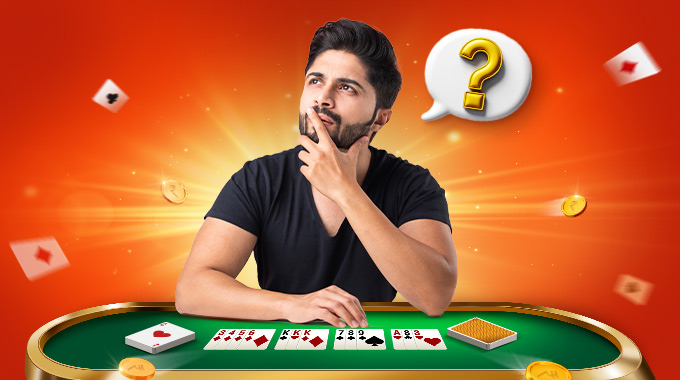Rummy: A Symbol of Transformation and Growth
Rummy is a vehicle for growth and self-improvement via strategy, preparation, and skill set, not just a game. Negotiating the artistic intricacy of the game is an introspective journey toward personal adventure. Playing Rummy may also help you to learn the value of tenacity, flexibility, and a search for ongoing excellence.
The Path of Learning
Most people’s first impressions of Rummy are one of confusion and anxiety. The rules, tactics, and subtleties of the game perplex many novice players. This stage of learning is very essential in simulating the spectrum of human experience—the difficulties and the means of overcoming them. Like in our lives, rummy helps us to critically examine our decisions as we learn more from our failures than from achievements.
Gamers who know the game come to value memory and observation. The game becomes better when many cards thrown aside are seen and subsequently, the opponent’s plan is remembered. Like human development, it calls for both patience and fortitude. Whether you play rummy online or enjoy a live game, it teaches players that they have chances to develop, therefore strengthening the belief that development is mostly the result of continuous grinding and self-analysis.
Learning Strategies
Once the foundations are under control, players pick up more sophisticated skills. Learning Rummy helps you to better your game as it teaches the logic of probability, risk management, and under-pressure decision-making. These abilities, however, are not limited to the game; they are applicable every single day when people have to weigh possibilities and make wise selections.
Usually found at a crossroads where they must modify their approach to solve challenges, people in tales also find themselves Rummy players also choose the skill of adjusting their strategy based on the course of the game. Personal growth is the process of evolving and responding to fresh information or circumstances.
Resilience Over Obstacles
Naturally, no two games of rummy are the same even if everyone plays with their own deck of cards. Players also experience losses (poor hands/unexpected opponent moves). These occurrences challenge their determination to do such. In Rummy as much as in life, we learn that hardship tests our capacity to remain cool and ready to go ahead.
The best literary characters go on transforming adventures dotted with tests of their will. Though your hero could have impossible chances, learning to use the inner power is required to overcome those situations. Those who grow to be strong in mind only welcome the trials in Rummy. Obstacles are lessons that they understand and they don’t consider them as failures.
Social Interaction and Emotional Intelligence
Interacting with people helps one to acquire emotional intelligence—a required ability for personal growth. While in control of their own reactions, players have to determine the emotions and intentions of their opponent. This element captures literary ideas where people develop empathy and understanding while negotiating challenging situations.
Playing rummy helps people grow in social skills and communication. The element of social engagement might result in friendships and camaraderie, therefore enhancing the enjoyment of the game. Like characters in books, rummy players develop via their interactions at the table.
Conclusion
Rummy represents the challenges and successes of life. Whether it’s the rules or more complex tactics, players acquire abilities that support their own development and will. Life is uncertain; the erratic character of the game represents life and guides you to grow and blossom despite all challenges.
Rummy is a fun game from which we gain knowledge. While some of you routinely play this game on RummyCircle and others are just beginning to play, we can guarantee you that adjusting the rummy path will definitely help, at least on the rummy table and probably also in your everyday life.




